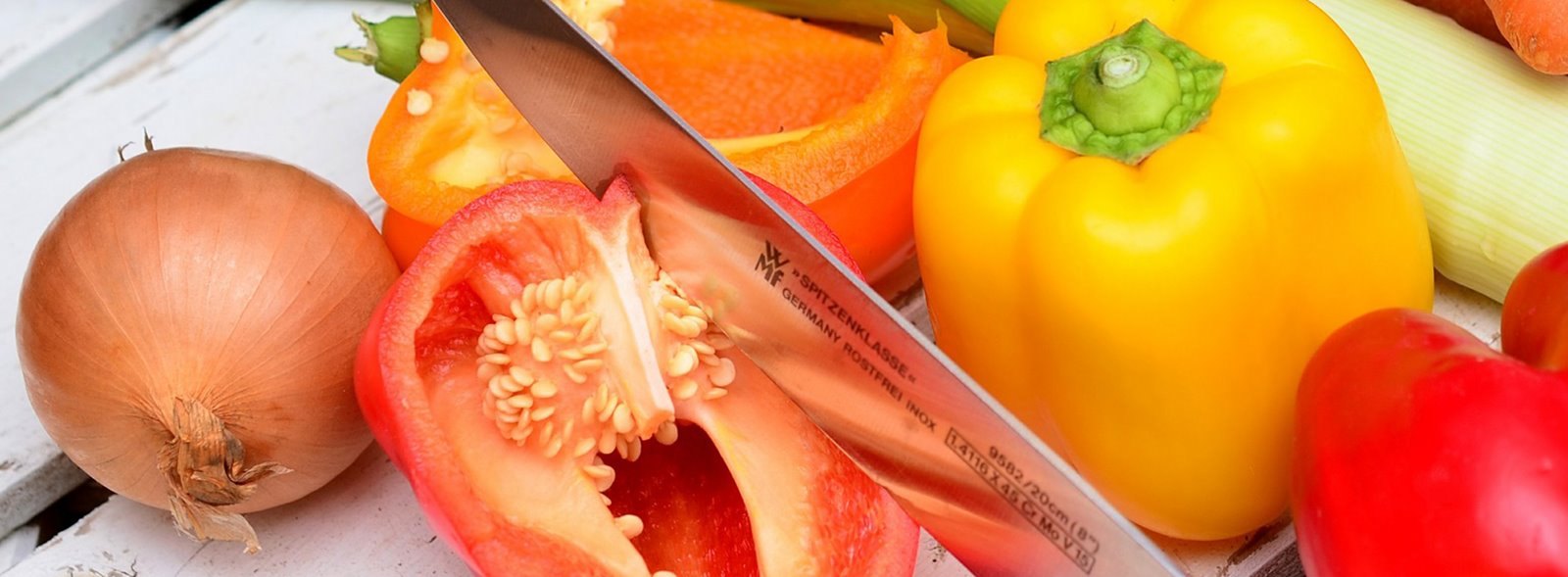Eat Healthily on a Budget
Many of my clients who come to me for a healthy eating or exercise plan are often worried about the cost of healthy eating.
Well don’t worry, you can eat healthily and save money. Here are some top tips for you…
Draw up a weekly shopping list:
Incorporating ingredients you already have, write a shopping list and stick to it. Don’t be swayed by impulse purchases or special offers, just buy what you need. Try not to shop when hungry. Studies show that people who shop when hungry are more likely to spend more, especially on less healthy foods, such as high-fat and sugary snacks.
Waste nothing
The average family with children throws away almost £60 of good food every month. Be strict about buying only what you’ll actually eat. Plan your meals so that all ingredients on your list get used and that includes fresh herbs like basil or parsley. If necessary, freeze any unused food. Freezer bags and food storage boxes will come in handy.
Eat leftovers for lunch
I do this every day! Cook extra portions for your evening meal so that you can have the leftovers for lunch the next day saves time and money, and can be a healthier option than the traditional “mayo-laden sandwich, crisps and soft drink desk-lunch” option. Any extra portions can be frozen for another day. Eventually, you’ll have a freezer full of homemade ready meals on tap.
Veggie might
Meat and fish are typically the most expensive food ingredients on a shopping list. How about adding vegetables to meat dishes such as casseroles to make your meals go further? Or try a few vegetarian meals during the week to keep costs down?
Cook with pulses
Pulses, such as beans, lentils and peas, are some of the cheapest foods on the supermarket shelf. These pulses are low in calories and fat but packed with fiber, vitamins and minerals. Use them in dishes to replace some of the chicken or meat, such as a chili con carne with kidney beans or a chicken curry with chickpeas.
Know your kitchen
Know what’s in your kitchen store cupboard, fridge and freezer. You may find you’ve got enough ingredients to make a meal! Plan your week’s meals to include ingredients you’ve already got in and avoid buying items you already have.
Eat smaller portions
Try eating smaller portions by saying no to a second helping or using smaller plates. You’ll have more left over for lunch the next day and your waistline may benefit, too! Try weighing or measuring out staples such as pasta and rice when cooking to stay in control of portion size and reduce waste.
Cook from scratch
One in every six meals is eaten out of the home. Of particular concern are hot food takeaways, which tend to be high in fat and salt, and low in fiber, fruit and vegetables. Cutting back on takeaways could save you up to £800 a year and inches off your waist! Preparing and cooking your own meals is generally cheaper than buying a takeaway or a ready meal, and because it’s easier to control what goes into your dish, it can be healthier.
Cut down on luxuries
If your regular shopping basket tends to include fizzy drinks, crisps, snack bars, biscuits and cakes, try trimming down on these non-essential items. Many of these are high in sugar and fat so you’ll be doing your waistline as well as your bottom line a favour. They can also contain a lot of salt. Think about cheaper and healthier alternatives – such as water!
Beware of special offers
Special discounts such as buy-one-get-one-free deals can offer good value, but be careful: only buy items you actually need and are likely to keep and use – tinned or frozen fruit and veg or Wholemeal rice and pasta are a good example. Markdowns on perishables at the end of the shopping day are another way to bag a saving – but make sure the item gets used before the use-by-date and doesn’t go off sooner than expected.
Toddlers eat the same
If you’ve got a toddler in tow, get him or her used to eating the same meals as you instead of relying on costly pre-prepared toddler food. Simply blend or chop up their portion to suit their age and freeze extra child-sized portions for later. Make sure not to add any salt to their portions and be careful with spicy food.
Shop online
So my top tips for this week are:
- Draw up a weekly shopping list
- Waste nothing and use the food from the night before for lunch, or freeze it
- Know your kitchen, only buy what you need
- Eat smaller portions, little and often
- Cut down on luxuries and beware of special offers
For more information on my healthy eating and exercise plans contact me at nonevans.com










